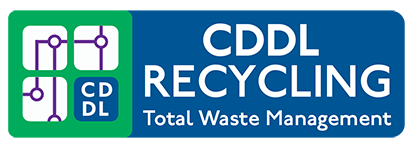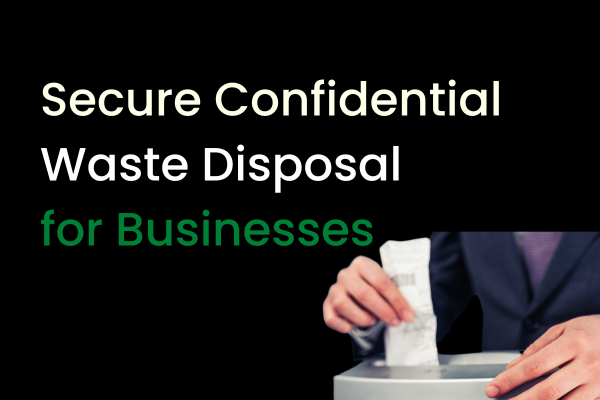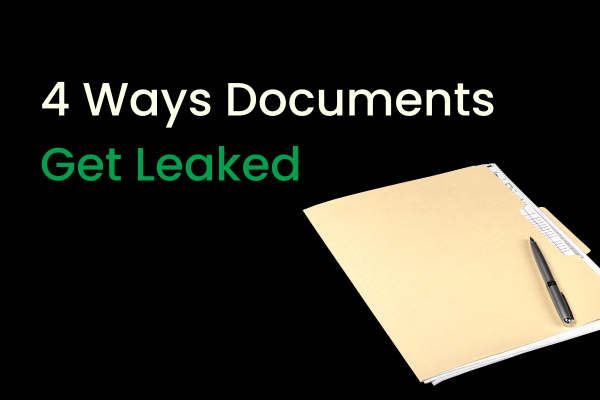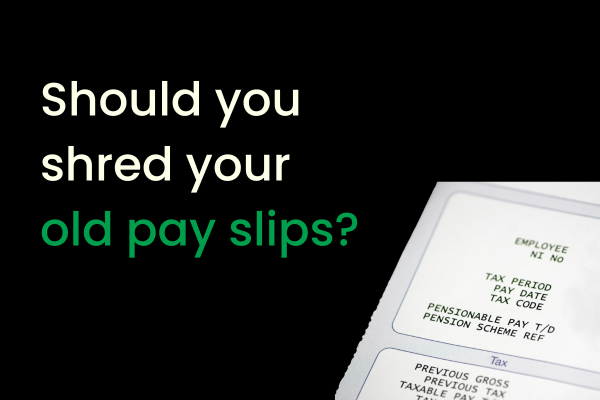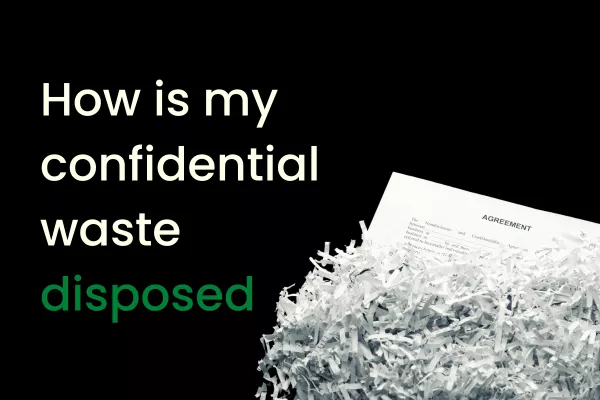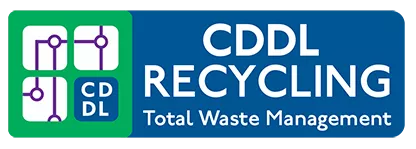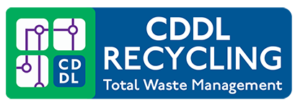Why Confidentiality in the Workplace Is Vital
Many may wonder why confidentiality in the workplace is so important. A lot of those reasons are pretty obvious, from employee financial information to tax figures. There are more, however, that aren’t so obvious.
Trade secrets, for example, can be considered confidential including contact details for suppliers. It is important not only to protect confidential information outside, as well as inside.
Employee Information
It should go without saying that all employee information should be kept confidential, even from other employees. Leaked employee information reflects badly on your business and can damage your credibility indefinitely.
This can be anything, from addresses to national insurance numbers. All of it must be protected, otherwise those involved would be in violation of GDPR regulations.
Business Information
Any documents concerning the business and its practices should be shredded once they become out of date. Sensitive information about the company could encourage competitors to take advantage of their resources.
For example, if you run a restaurant and your main selling point is your unique recipe, the secrecy of this recipe would be considered a highly sensitive piece of information. To prevent such leaks, all business information should be kept under lock and key.
Management Information
Management documentation, such as disciplinaries, internal meeting notes, or workplace investigations are an issue of confidentiality. It would be wise to keep this under close guard. Again, any leakage of this information or misuse of it will be in violation of GDPR regulations.
Protecting Your Business’ Confidentiality
If you may be worried about some aspects of your security, we have a few tips to ensure all your company’s sensitive information is protected:
- Set up levels of confidentiality. Limit access to information depending on the sensitivity/importance of the document.
- Make consequences of sharing confidential information explicitly clear to all employees.
- Shred any documents which may no longer be of use.
- Lock all filing cabinets and areas where information is stored. If it’s all digital, only give password to those you trust, and make sure your encryption is both up-to-date and functional.
- Make sure general security on your premises is up to standard. Doors should be locked, and windows shut.
Do you have any confidential information you want to dispose of? At Confidential Document Destruction, we dispose of sensitive documents in compliance with all GDPR regulations.
Contact us if you have any questions about our service.
